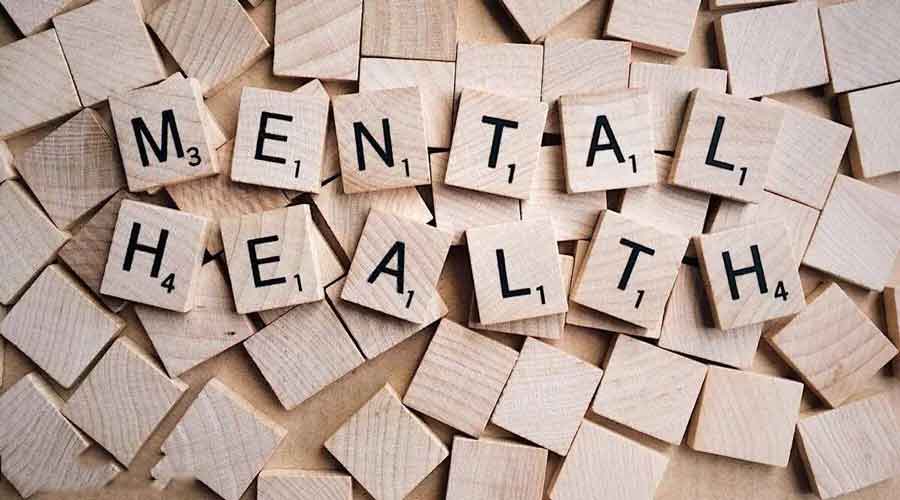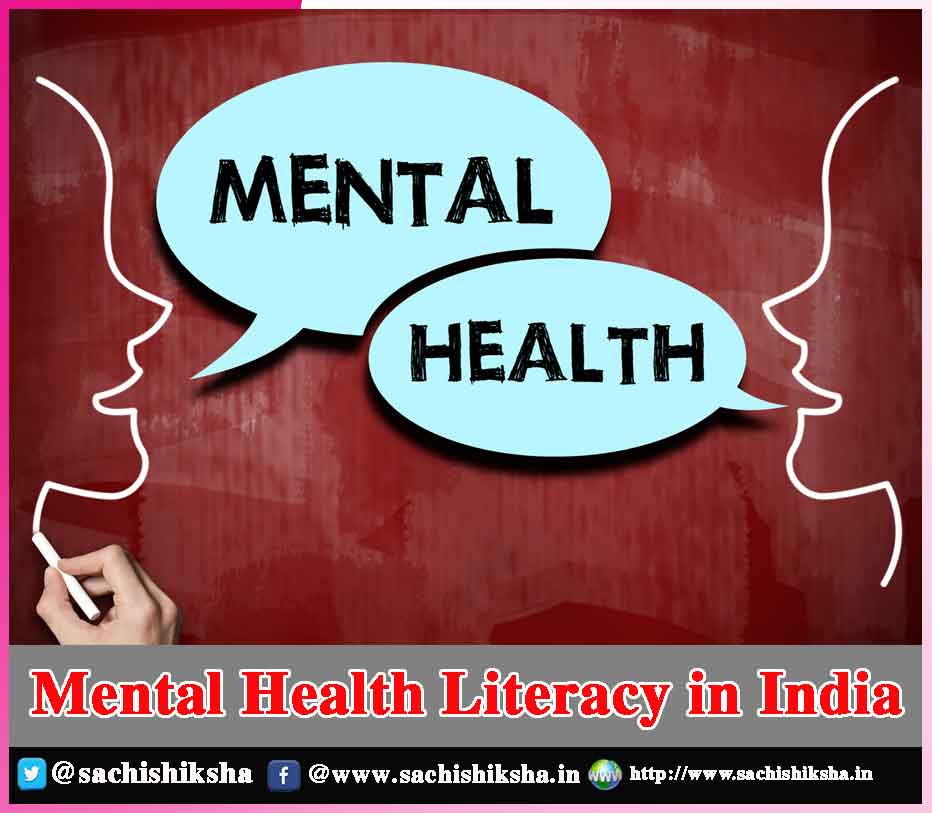Mental Health Literacy in India
Introduction: Every year from May-1 to 31st May we celebrate the mental awareness month, but still there is long way to go and achieve. India is not far behind other countries in the world in sharing this concern about mental health.
If we assess the trend of advances made in the field of mental well-being, it seems to be slow. It has frequently been said that real physical health cannot exist without mental health. Neuropsychiatric illnesses are responsible for about 14% of the world’s chronic diseases.
As a result of the lack of understanding of the interaction among mental disease and other health illnesses, the burden of mental disorders is probably to have been understated. Prioritized focus on the severity of health issues and tackling inequities with regard to their causes and treatments are still significant difficulties.
Also Read:
- Physical and Mental Health with Moral Aptitude
- Effects of Positive Thinking on Physical & Mental Health
- World Health Day
- One Hour Daily for Your Health
- 5 Tips for Healthy Living: Healthy Lifestyle Facts – Simple & Actionable
- Effects of Mental Pollution: Prevention & Treatment
- Importance of Mental Health
Table of Contents
Mental Health Condition in India:

Only 10-12% of the population in India seeks help for their mental health issues, despite the fact that 20% of our population has a mental condition. We must increase public understanding of mental health issues and lessen the stigma around mental illness in order to foster a society in which everyone can access the assistance they require. Stigma and awareness are the frequent words associated with mental illness worldwide.
Awareness About Mental health:
Awareness is defined as information about mental health, as humans may not identify the sensations as signals of mental disease; people with mental illness are less likely to obtain specialist care. For instance, obvious signs of depression, such as lack of enthusiasm and frequent falling asleep, may be mistaken for lethargy. Knowing the signs associated with various diseases will therefore enable us to recognize whether we or anyone nearby is most likely experiencing a mental illness.
Possessing some knowledge also enables us to identify precisely who we should ask for assistance from and properly grasp what we are dealing with. It is crucial to spread knowledge about the numerous warning signs and symptoms of anxiety and depression, more prevalent disorders such as depression and anxiety and serious mental illnesses like schizophrenia and borderline personality disorders. So it is very important to enlighten and inform the population of India about psychological health, its diseases, and the different kinds of treatment that are offered there.
Incredible Stress in Schools & Colleges:
Students frequently experience incredible stress in their schools and colleges, which can either, cause a mental disorder to develop or worsen an already present mental health issue. In classroom contexts like schools and universities, it may be easier to implement treatments that emphasise early identification, promoting mental health and creating awareness about treatment options available.
Anxiety and depression are the two mental health conditions that affect Indian workers worldwide. Consequently, it is essential to launch awareness-raising and education campaigns about mental condition and treatment among the total workforce.
Public Awareness at Many Stages:
General Practitioner (GPs) is the first line of defence against mental health problems. Although some mental illnesses can manifest physically, it is typical for most people to consult their primary care physician prior to seeing a psychiatrist or mental health professional. Hence, it has become crucial to guarantee that all doctors of medicine are educated in issues of mental health.
In order to address mental health in India more comprehensively, it is crucial to raise public awareness of it at these many stages. The conversations surrounding mental health are typically conducted in a very personal manner, which prevents those who are distressed from seeking assistance. To lessen the stigma attached with it, frank discussion about mental health is necessary.
Speaking candidly about mental illness also offer those in need of professional guidance the confidence to do so. There is no doubt that physical wellness receives more attention than mental health. Everyone understands when you have a broken leg, but when a person is depressed, people need to be mindful of their situation, which is frequently interpreted as publicity.
Observational Behaviour:
Observational learning is the initial and best method of education. Children pick up a lot from the behaviour and actions of those around them. Typically, a child’s behaviour is a mirror of the way those dearest to him/her act or respond. It is crucial to educate kids about mental health, the causes of emotional distress, and the importance of taking attention of it. It is not treated seriously since terms like “depressed,” “insomnia,” “bi-polar,” and “anorexic” are frequently used without any even little meaning.
It is rarely treated seriously when somebody truly experiences mental distress. India is a collectivist culture, thus, when we encounter difficulties, we usually talk to a companion or a member of our family. Family members may find it simpler to recognize early indications of mental illness and afterwards guide the worried person to the resources required if the Indian community is aware of mental health issues and associated impacts on people.
Conclusion: The recent study indicates that 92% of respondents would assist a person wanting treatment for mental illness and seek treatment themselves. With research like this, we can see the quantifiable results of the programmes we have implemented, such as counseling for frontline staff, mental health education in schools & psychological counseling for rural areas. This offers us several confidence and drive to carry on.














































